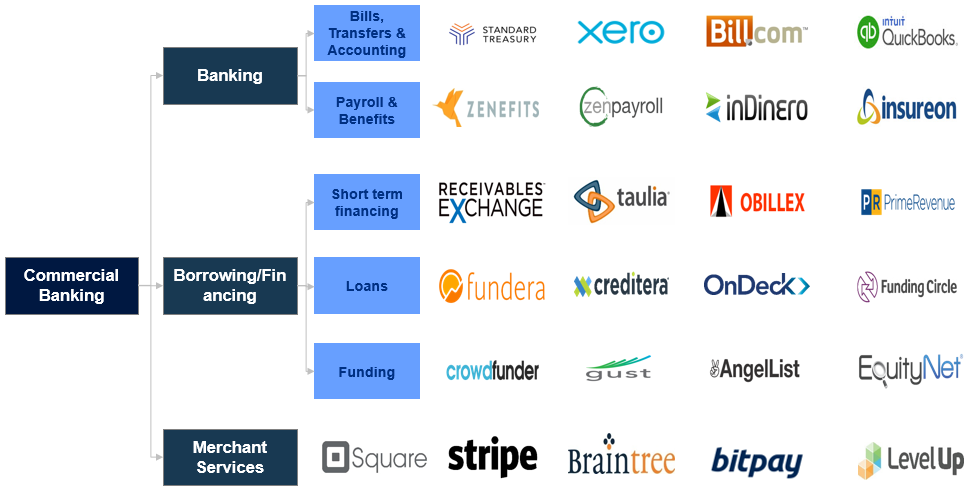Na segunda-feira, aproveitei o feriado do 13 de Junho em Estarreja e fui passar o dia no Porto passeando com a minha mulher.
.
A meio da manhã resolvemos entrar numa das imensas leitarias que abriram na baixa da cidade para tomar um chá e trincar algo.
.
Uma desilusão.
.
Quando se entra numa leitaria, entra-se pela expectativa da experiência. E quando falamos de experiência:
"with experiences, customers pay for the time they spend with a company, rather than for the activites the company delivers"
Se os clientes pagam pelo tempo, o preço não tem nada a ver com os custos.
"to availability of commodities, cost of goods, and quality of service, businesses now [Moi ici: Os gestores] must add authenticity of experience as something to be managed.
...
No longer content just with available, affordable, and excellent offerings, both consumers and business-to-business customers now purchase offerings based on how well those purchases conform to their own self-image. What they buy must reflect who they are and who they aspire to be in relation to how they perceive the world - with lightning-quick judgments of "real" or "fake" hanging in the balance.
...
for to compete with such experiences, authenticity must become the primary source of differentiation for commodities as well as commoditized goods and services. ... To succeed, managers across most all industries must add to their expertise in supply-chain management, cost containment, and quality enhancement an understanding of what their customers consider real and fake—or at least which elements influence such consumer perceptions—about their company's offerings.
...
understand that there is no such thing as an inauthentic experience—because experiences happen inside of us; they are our internal reaction to the events unfolding around us. How we react to what happens at a particular venue depends on who we are, what we've experienced before, how we feel at the time, who accompanies us, and so on. No two people ever experience anything alike. This intrinsic characteristic of experiences makes them inherently personal.
...
Therefore, we remain free to judge our experiences with any economic offering as authentic or not. Businesses that offer them therefore can, whether intentionally or by happenstance, gain the perception of authenticity. The best word to describe this process is, once again, render. Businesses can render their inauthentic offerings as authentic. Doing so requires embracing this essential paradox: all human enterprise is ontologically fake—that is, in its very being it is inauthentic—and yet, output from that enterprise can be phenomenologically real—that is, it is perceived as authentic by the individuals who buy it."
E a experiência gerou um sentimento de fake-fake
Um espaço a tentar transmitir autenticidade, através da individualidade rústica, através da decoração. No entanto, o disco fica riscado quando:
- a oferta de chás resume-se às saquetas de marcas comerciais que vêm para a mesa para escolha do cliente, e que este pode comprar num Pingo Doce;
- a pastelaria é igual à das pastelarias mais recônditas deste país, sem um exemplar para amostra de algo feito na casa, de algo único, de algo específico;
- para cúmulo o bule e as chávenas trazem o logotipo da Sical e são de um branco imaculado.
Puf! Não há magia!
Trechos retirados de "Authenticity" de James Gilmore e Joseph Pine.






%2006.21.jpeg)












